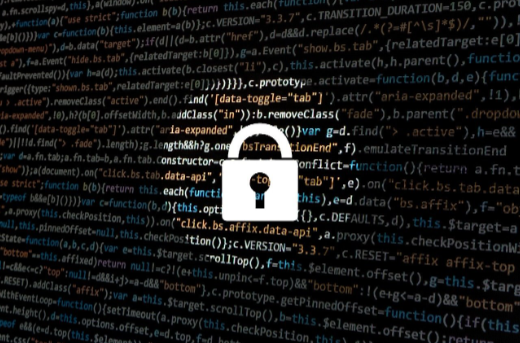It is not just the covid-19 that has wreaked havoc on the planet in the last two or three years. After so many cyber attacks, businesses are already in a lot of difficulties. According to recent studies, the number of cyberattacks after a pandemic has surged by more than 400%. Companies have found it difficult to keep their data secure as more employees work from home.
When it comes to working from home versus working in an office, there is a significant difference. Because the company’s desktop is connected to the network, it is more secure when an employee works on it. However, unless your employee’s network is free of cyber-attacks, the hazards are larger when working from home.
For applicants who apply for a job or have already been given an interview (and will be joining shortly), their data is also as important as employees’. Every single detail that the team management requests during the job application process is crucial. The ramifications are severe if the candidate does not get the job and learns that his personal information has been compromised.
Background checks, contact information, credit card information, and financial information are some types of information that a candidate submits and that you should keep secure.
Let’s take a look at some of the finest steps you can take to ensure that the information of your employees and candidates is kept safe.
- Create a Cyber Security Framework
One of the key measures in preventing cyber assaults is to develop a cyber security policy. Many large corporations already have similar rules in place to prevent data breaches. During the epidemic, many small and medium-sized businesses also adopted this approach.
When you’ve finished writing your cyber security policy, have your staff read it thoroughly and sign it. Educate them on how to take these precautions to avoid the majority of security breaches.
The cyber security template includes the following requirements:
- Details on password requirements
- Measure to take for email security
- How to deal with confidential data
- Software and Tools to be used
- Standards for social media and internet access
- Measure to take in case of any breach
- Updating Policies
- Hold a Cyber-Awareness Training Session
Your cyber security policies are useless unless and until you educate your personnel on the subject. When you’ve finished building a cyber security template, be sure to arrange a cyber awareness training session for all of your staff. Give them a rudimentary awareness of security risks and how they may personally overcome and combat them in the event of an attack.
- Boost Password Safety
Nowadays, everyone realizes the need to create a strong password. A password that uses random guessing is preferable to one that uses strings. Many firms need their employees to update their passwords regularly; nevertheless, having just one password is sufficient until you see any attempts on your desk.
- Invest in Security Solutions
It is necessary to have anti-malware software and firewalls installed for your system’s protection. When an employee inadvertently opens a spam email or attachment that compromises cyber security, these security solutions come in handy. According to the hr resource guide, you should put adequate money into security solutions that can help you in such a case.
- Create a Backup of Sensitive Files
Making multiple copies of your work-related files, preferably more than two or three, is a good practice. This will allow you to keep your important data in a secure location where hackers cannot access it. Employees that work from home can utilize this method to ensure that their data is saved in more than two or three files, which will come in handy in need.





























